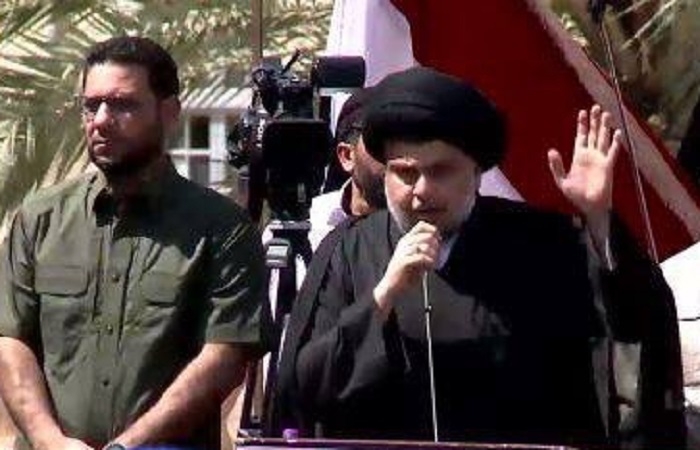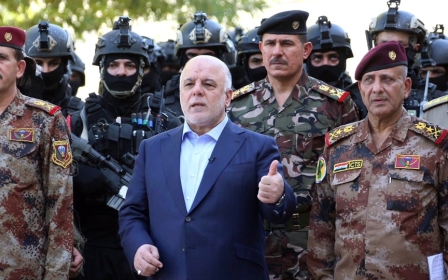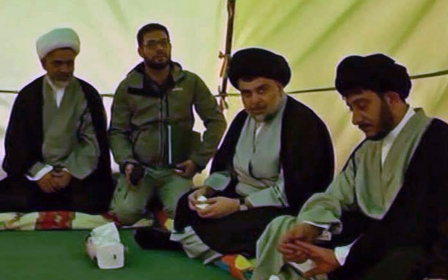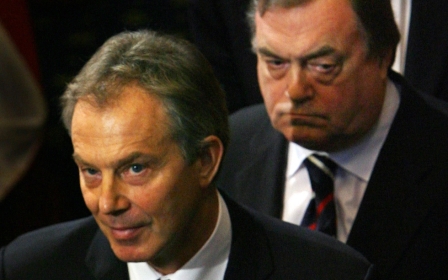Iraqis defy warnings to protest against Baghdad government

Thousands of Iraqis rallied in the heart of Baghdad on Friday, defying warnings from authorities to stay home, to demand an end to sectarianism and corruption in government.
Populist Shia cleric Moqtada al-Sadr, who had called for the demonstration, made a brief appearance at the rally in Tahrir Square, which was packed with flag-waving protesters.
Speakers led the protesters in chanting slogans including: "Yes to reform", "no to sectarianism" and "no to corruption."
Sadr has organised repeated protests calling for reforms, during which demonstrators have breached Baghdad's Green Zone, a fortified area that is home to key government institutions and foreign embassies.
The rally went ahead despite a warning from the government that it could distract security forces from the war against the Islamic State group, and a statement from the Joint Operations Command terming it "unauthorised" and saying anyone who appeared with arms would be treated as a "terrorist threat".
Protesters were repeatedly searched by organisers on the way to the demonstration, and strands of barbed wire kept them away from the bridge across the Tigris River that they had previously used to reach the Green Zone.
The route to the bridge was also blocked by slabs of heavy concrete blast wall and defended by riot police.
Internet connections were cut during the demonstration, but restored later in the morning.
Sadr has called for a government of technocrats to replace the current party-affiliated ministers - a measure proposed by Prime Minister Haider al-Abadi - and has organised repeated demonstrations calling for that change.
Abadi first called for a cabinet including technocrats in February, but has faced significant opposition from powerful political forces that rely on control of ministries for patronage and funds.
Some of Abadi's cabinet nominees were approved in April, but in a blow to the premier, a court later scrapped the session, which some disruptive lawmakers were barred from attending.
"We are tired of corruption. Corruption is killing us," Mohamed al-Daradji, an activist and filmmaker, said in a speech at the protest.
"These people (who) came after 2003... they failed. They failed! They didn't do anything," Daradji said, referring to politicians who came to power after the 2003 overthrow of dictator Saddam Hussein.
Asked why he came to protest, Abu Mushtaq al-Awadi said: "We have rights, and we are demanding our rights."
Awadi said he wanted an end to sectarian and party quotas, the trial of corrupt officials, the return of stolen money to the Iraqi people, and the formation of a government of technocrats.
Middle East Eye propose une couverture et une analyse indépendantes et incomparables du Moyen-Orient, de l’Afrique du Nord et d’autres régions du monde. Pour en savoir plus sur la reprise de ce contenu et les frais qui s’appliquent, veuillez remplir ce formulaire [en anglais]. Pour en savoir plus sur MEE, cliquez ici [en anglais].




